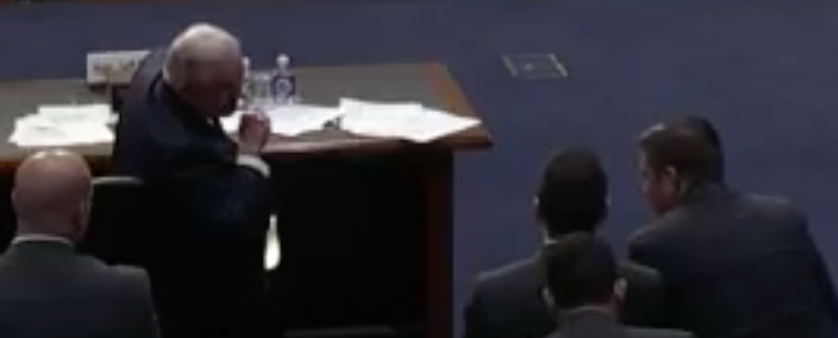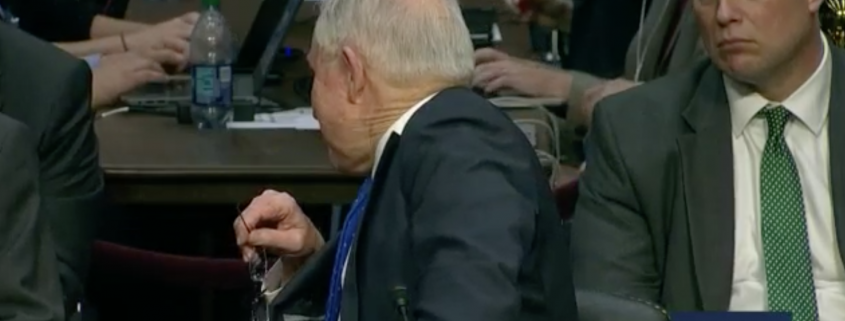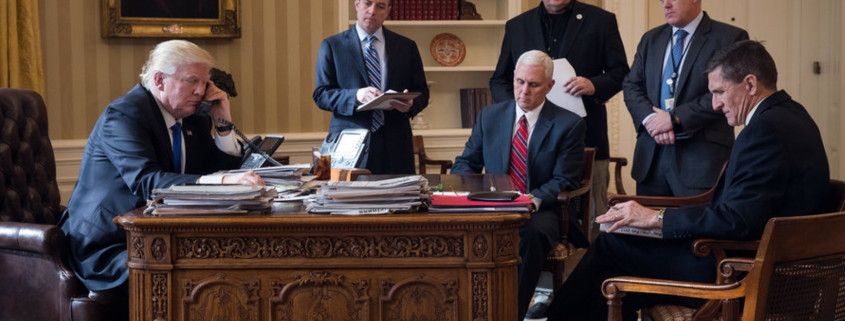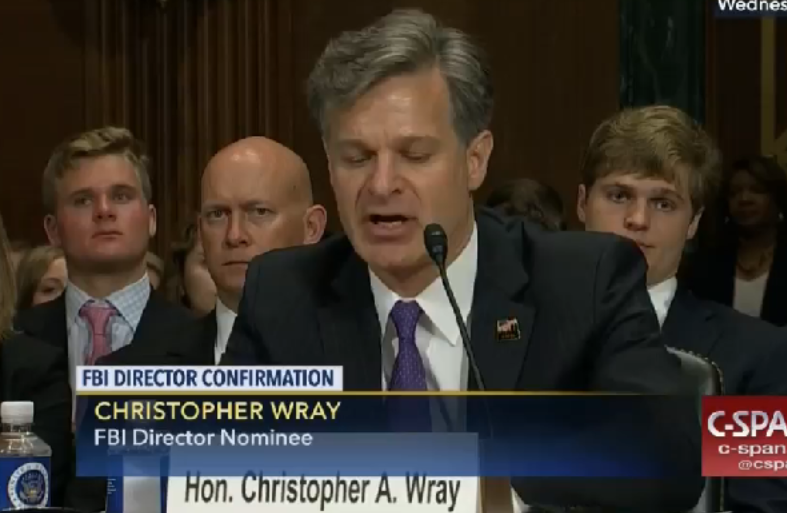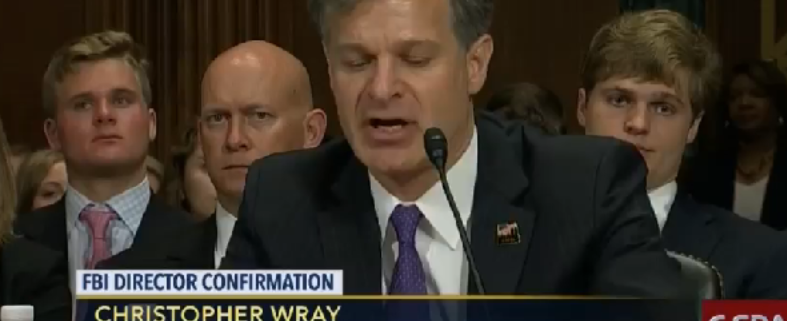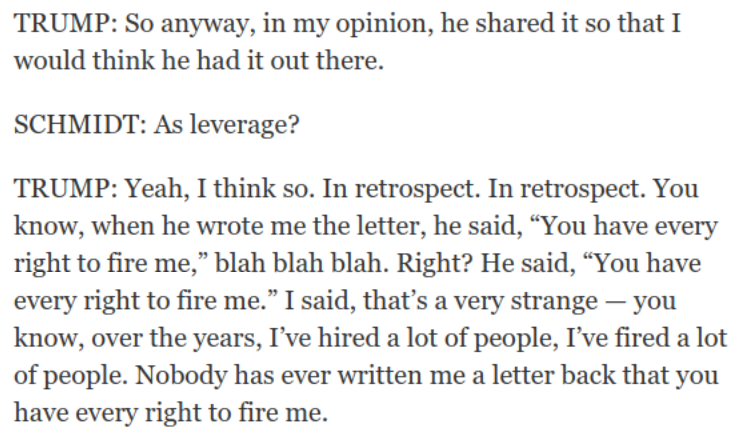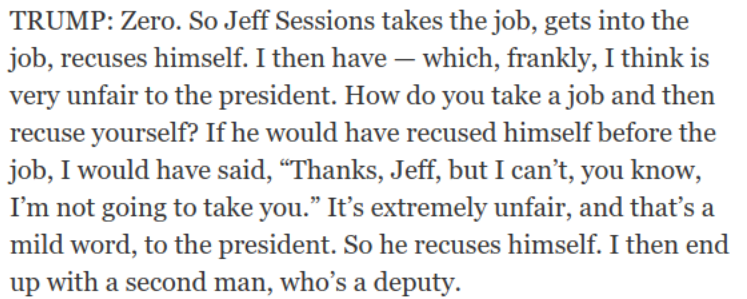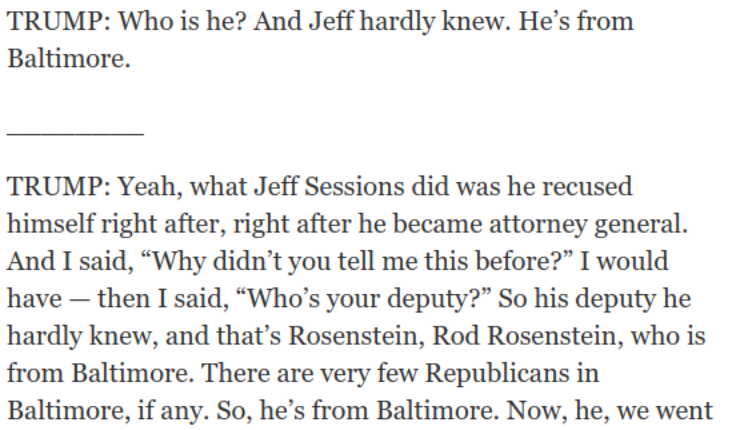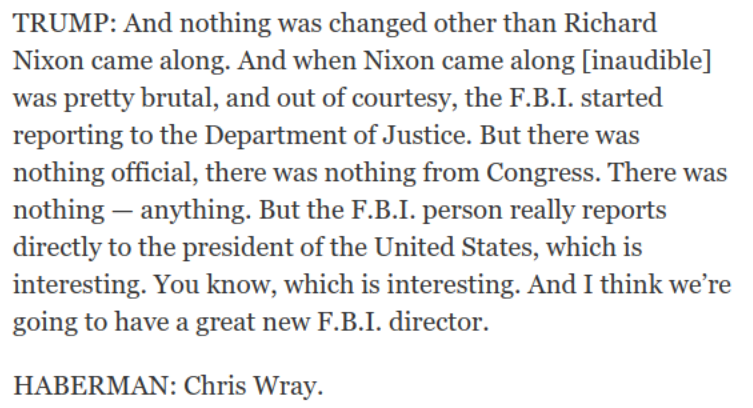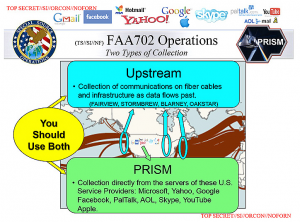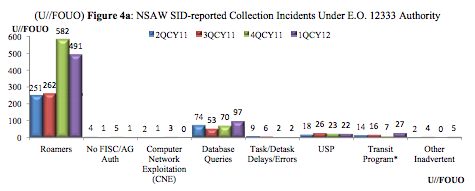Jeff Sessions Can’t Remember Whether He Was Involved in Firing All the US Attorneys
One of the things that came out of Jeff Sessions’ testimony last Thursday was the news — elicited by Richard Blumenthal — that President Trump had personally interviewed candidates for two US Attorney positions, those in SDNY and EDNY, which was taken as a sign Trump wanted to install cronies in the districts that oversee most of his (and his family’s) activities.
But there was a counterpart exchange at the hearing that was, particularly because of Sessions’ inability to answer it, just as stunning.
After Mazie Hirono handed Sessions his ass for attacking a judge in HI for issuing a nationwide injunction, she then asked him who was involved in the decision to fire all the US Attorneys all at once.
Hirono: Who was involved in the decision to dismiss all of the US Attorneys without any warning. And why was it done when it was done?
At first Sessions just filibustered — Clinton Clinton Clinton.
Sessions: [stumped] We had gone for a number of months, about half of the United States Attorneys had already resigned, it’s traditional that they’re replaced by the next Administration, and President [pause] I believe President Clinton did the same, issued a single order, precedent, there’s precedent for it to complete the process of changeover.
So then Hirono asked what I imagine is the point: whether Trump made the decision entirely on his own.
Hirono: So it was totally President Trump who made that decision? You were not involved in that decision?
Sessions: I, I believe the responsibility is the President’s.
Hirono: You were not involved in that decision to fire them all?
But then when she double checks whether that’s true, he realizes he’s about to get his boss in a whole heap of trouble, and — literally mid-question!! — turns to ask a staffer what the correct answer is.
Sessions: Actually, actually, I think the Att —
[Sessions stops mid-sentence to talk to a staffer behind him]
Only after consulting the staffer did Sessions “remember” being involved in the decision.
Sessions: I can’t re — I can’t believe I can’t remember that. But it was an important issue. The President appoints United States Attorneys, and it was appropriate, I thought at that time to make the change.
Hirono: So you were involved?
Sessions: Yes, I was involved.
Thus far, the exchange is remarkable enough.
All the more so when you look back at the reporting from when it occurred, in early March. As NYT reported, it was a surprise to all the US Attorneys asked to leave.
The Trump administration moved on Friday to sweep away most of the remaining vestiges of Obama administration prosecutors at the Justice Department, ordering 46 holdover United States attorneys to tender their resignations immediately — including Preet Bharara, the United States attorney in Manhattan.
The firings were a surprise — especially for Mr. Bharara, who has a reputation for prosecuting public corruption cases and for investigating insider trading. In November, Mr. Bharara met with then President-elect Donald J. Trump at Trump Tower in Manhattan and told reporters afterward that both Mr. Trump and Jeff Sessions, who is now the attorney general, had asked him about staying on, which the prosecutor said he expected to do.
But on Friday, Mr. Bharara was among federal prosecutors who received a call from Dana Boente, the acting deputy attorney general, instructing him to resign, according to a person familiar with the matter.
And it was an apparent reversal from an earlier plan.
The abrupt mass firing appeared to be a change in plans for the administration, according to a statement by Senator Dianne Feinstein of California, the top Democrat on the Senate Judiciary Committee.
“In January, I met with Vice President Pence and White House Counsel Donald McGahn and asked specifically whether all U.S. attorneys would be fired at once,” she said. “Mr. McGahn told me that the transition would be done in an orderly fashion to preserve continuity. Clearly this is not the case. I’m very concerned about the effect of this sudden and unexpected decision on federal law enforcement.”
A statement from DOJ spox Sarah Isgur Flores does attribute the decision to Sessions.
“The Attorney General has now asked the remaining 46 presidentially appointed U.S. Attorneys to tender their resignations in order to ensure a uniform transition.”
But Acting Deputy Attorney General Dana Boente (one of just two to keep his job right away), not Sessions, made the calls to the US Attorneys.
In other words, it seems possible that Sessions really wasn’t involved, but he has to pretend to be, so that the decision to fire (especially) Preet Bharara doesn’t appear to be something Trump did on his own, partly in response to badgering from Sean Hannity.
In other words, this later exchange from the same hearing suggests that Trump first unilaterally fired all the US Attorneys, which even at the time was interpreted as an effort to fire one in particular, and now is exercising more control over his replacement than any President ever has before. Only, Sessions managed to remember being involved just in time to make that clear.

